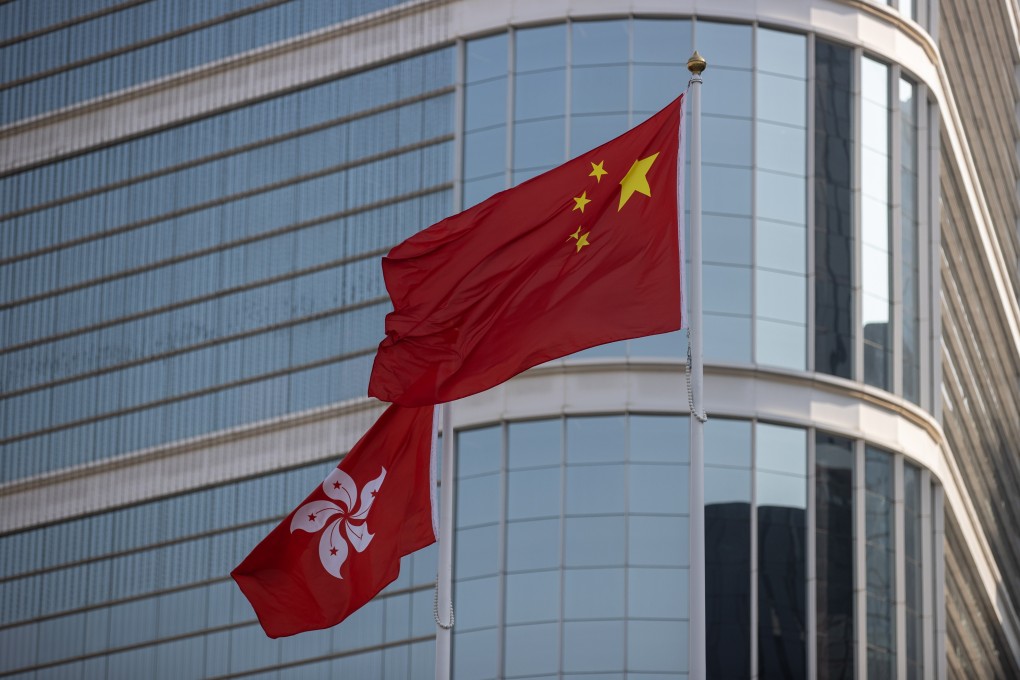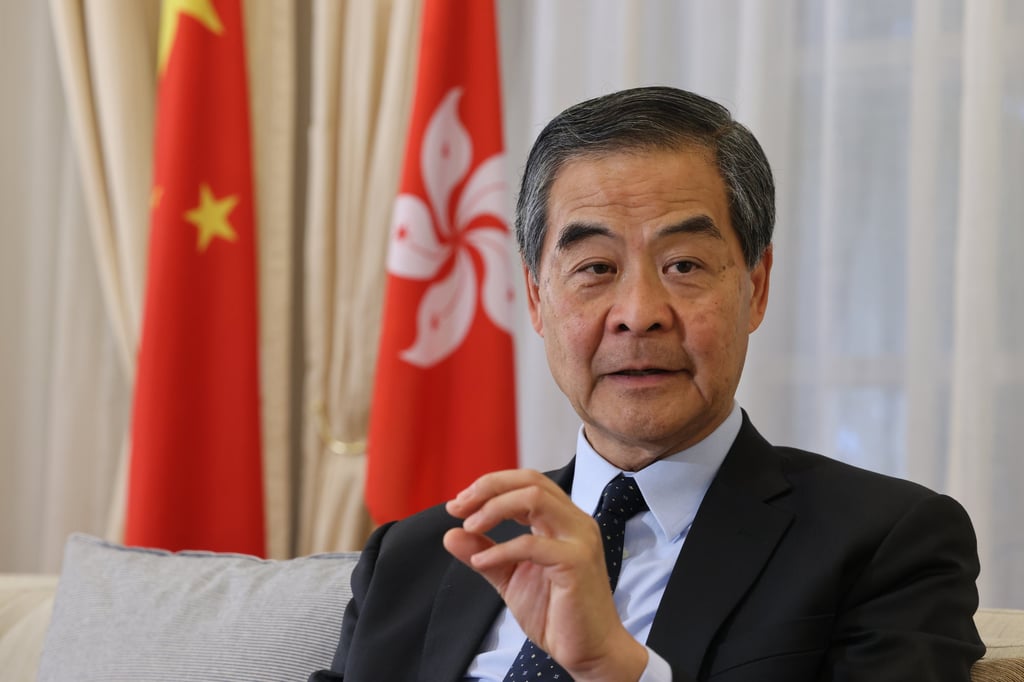Hong Kong should step up explaining security law to foreign firms and convince them to use city as base for Greater Bay Area expansion, CY Leung says
- Leung says the draft legislation for Article 23 is comparable with countries such as Singapore, which recently acted against a Hong Kong-born citizen under a law to counter foreign interference
- Former city leader adds that Hong Kong can make use of its English-language advantage to serve as a base for firms to access the Greater Bay Area

Leung said the draft legislation for Article 23, the city’s national security clauses of the Basic Law, the mini-constitution, could be compared with relevant laws in other countries.
He mentioned the recent case of Singapore acting against Hong Kong-born Singaporean businessman Philip Chan Man Ping, 59, under a law to counter foreign interference.

On February 2, the Singapore government served notice of its intention to designate him a politically significant person, accusing him of having shown “susceptibility to be influenced by foreign actors and willingness to advance their interests” under its Foreign Interference Countermeasures Act.
Once designated as a politically significant person, Chan would have to disclose information annually, including political donations that he receives and accepts and his foreign affiliations and migration benefits to the Registrar of Foreign and Political Disclosures yearly. Chan was given 14 days from February 2 to respond.
“We haven’t talked enough about other places to illustrate that Hong Kong is not the only place imposing security legislation,” Leung said. “We are not trying to tarnish Singapore. We are just asking foreign chambers of commerce to do a comparison.”
He noted that the action against Chan was taken by the Singapore government, whereas future suspects under Hong Kong’s proposed local national security law could only be convicted by the courts and such legal proceedings would provide a clearer picture of the “red lines” they crossed.
